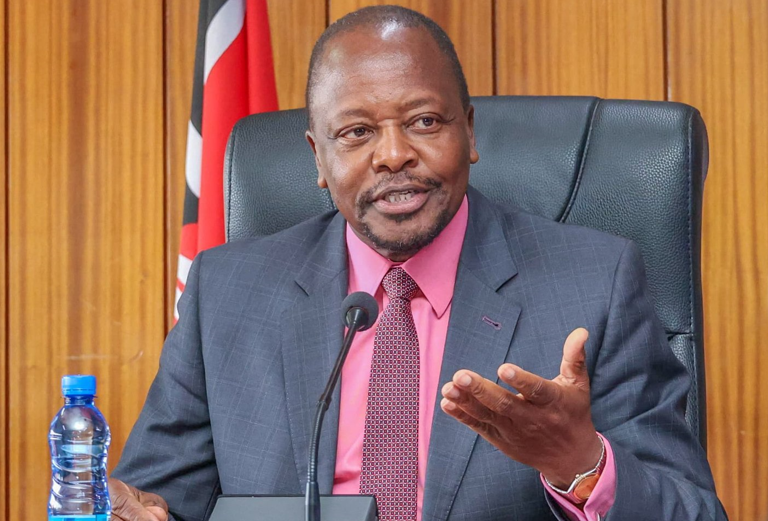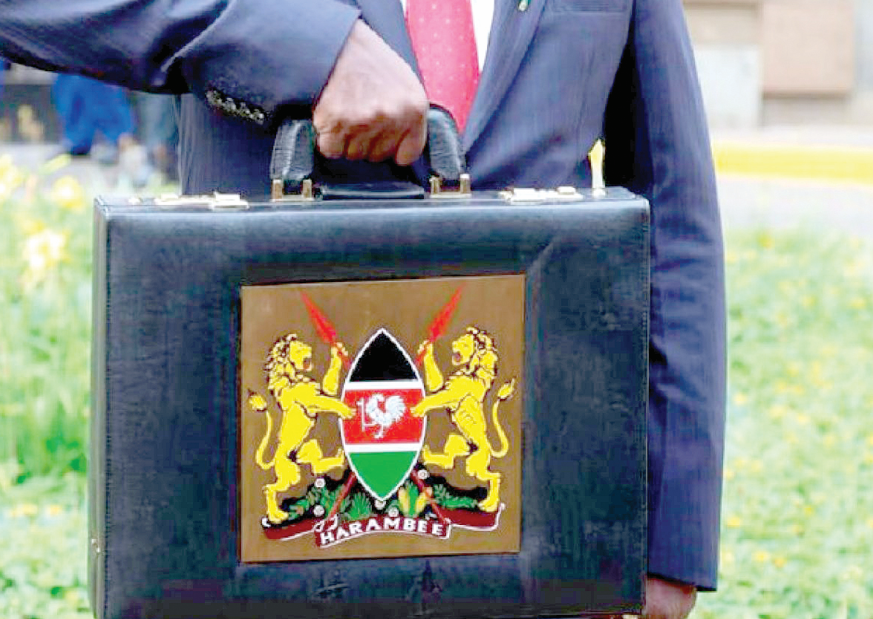President Uhuru orders lowering of power tariffs

Electricity consumers in Kenya have a reason to smile after President Uhuru Kenyatta yesterday ordered a two-thirds reduction of power tariffs Kenya Power (KPLC) pays Independent Power Producers (IPPs).
This will see the cost of energy reduced from Sh24 to Sh16 per Kw/h effective December 31, in what will cushion consumers from high cost of living.
The two-thirds reduction translates to a 33 per cent reduction in costs consumers will pay KPLC per month to cushion manufacturers and individual consumers who have been calling for a reduction in the cost of electricity, which is the highest in the East African region.
“The consequence of the proposed interventions is that a consumer who previously spent Sh500 per month on electricity shall by December 3, pay Sh330 per month,” said Uhuru in affirmation of a decades-long problem.
“The President has directed the Cabinet Secretary, Ministry of Energy to secure the immediate implementation of all the recommendations of the Taskforce by Christmas Day, 2021,” added the Executive Order.
The reduction is a consequence of recommendations by a taskforce the President constituted in March this year, to review Power Purchase Agreements (PPA’s) between KPLC and IPPs.
The taskforce was constituted in response to calls from a cross section of Kenyans to address concerns about the high cost of electricity.
In constituting it, the President said he was concerned that high electricity prices constrain economic activity and limit the realisation of his administration’s aspiration, that Kenya becomes a globally competitive, newly industrialised, middle income and prosperous country.
Its core mandate was to undertake a comprehensive review and analysis of the terms of all PPAs entered by KPLC and develop a suitable strategy for engagement with the IPPs and lenders.
Expensive power
The skewed PPAs have been blamed by analysts for the expensive power cost consumers are paying for currently, which manufacturers say make Kenyan goods uncompetitive in the region.
Under a typical PPA, a power producer gets paid for any electricity produced, even if it is impossible for Kenya Power to sell it to consumers due to other reasons.
The President also ordered cancellation, with immediate effect, of all unconcluded negotiations of PPA’s, with an assurance that future agreements with IPPs will be aligned to the Least Cost Power Development Plan (LCPDP).
He asked KPLC to fast-track ongoing reforms at the organisation to restructure it into a commercial entity, that is profitable and capable of delivering efficient, cost-effective electricity to consumers.
According to the communique, KPLC is to take the lead in formulation and related PPA procurement of theLCPDP; institute Due Diligence and Contract Management frameworks for PPA procurement and monitoring along the lines of the drafts provided by the Taskforce.
“In line with the constitutional imperative for transparency in the public sector, KPLC’s annual reports should include the names and beneficial ownerships of all IPPs with which it has contractual arrangements,” said the President.
Uhuru’s pronouncements effectively put to rest recent efforts by lawmakers to convince IPP’s to renegotiate their PPAs with KPLC, an arduous task that has seen IPP’s buy time, even as consumers sagged under strenuous bills.
Data gleaned from the 2020 KPLC Annual Report indicates that whereas KPLC bought electricity from State-controlled Kenya Electricity Generating Company (KenGen) at a unit cost of Sh5.48 per unit price; the two highest IPPs are Triumph Power Generating Co. Ltd, and Gulf Power Limited.
According to the report, Triumph Power was paid Sh2.6 billion for delivering 15 million units at Sh173.08 per unit, while Gulf Power delivered Sh18 million units at a cost of Sh121.56 per unit, getting paid Sh2.2 billion.
Positive impact
Victor Ogalo, the head of policy, research and public private dialogue at the Kenya Private Sector Alliance (Kepsa) said whereas it was a good thing, the pronouncements were likely to be challenged by the IPP’s at the international level.
“It amounts to interference with contracts, which were signed at prevailing rates.
These IPP’s are also funded by commercial banks and pay their loans based on Kw/h. I am foreseeing them going to the top court,” said Ogola.
On their part, the Kenya Association of Manufacturers (KAM), said any cost reduction will have a positive impact on the industrial sector.
“Additionally, calling the planning team back to the drawing board with LCPDP in focus is commendable.
This is essential in ensuring only plants that make economic sense are onboarded to the grid,” said KAM chief executive Phyllis Wakiaga.












